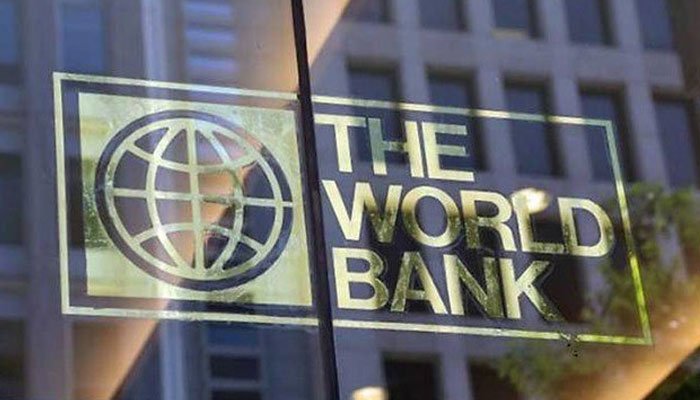The World Bank’s Board of Executive Directors authorized $800 million on Tuesday in loans for two Pakistani programs: the Pakistan Program for Affordable and Clean Energy (PACE) and the Second Securing Human Investments to Foster Transformation (SHIFT) (SHIFT II).
The $400 million PACE project aims to enhance the power sector’s financial viability while also assisting the country’s transition to low-carbon energy.
It prioritizes measures required to begin key power sector changes aimed at lowering power production costs, better targeting of subsidies and tariffs for customers, and increasing energy distribution efficiency with private sector involvement.
Additional medium-term changes are being developed, with a focus on subsidies, competitiveness, and the long-term viability of the electricity industry. Long-term, the aim is to decrease cyclical debt.
“Power sector reforms are essential to addressing Pakistan’s fiscal challenges,” said Rikard Liden, the World Bank’s PACE task force head.
He went on to say that decarbonizing the energy mix will decrease reliance on fossil fuel imports and susceptibility to price changes due to exchange rate variations.
“PACE prioritizes action on such reforms, which must be sustained to address circular debt and set the power sector on a sustainable path.”
The $400 million SHIFT II initiative aims to improve the federal government’s fundamental service delivery in order to boost human capital accumulation.
The initiative aims to enhance health and education services, as well as boost impoverished people’s income-generating possibilities and promote inclusive economic development.
Strengthening services that build human capital in a coordinated manner between provincial and federal authorities, as well as improved targeting of social safety nets, according to Tazeen Fasih, World Bank task team leader for the SHIFT II program, will better support families in recovering from the COVID-19 crisis and pave the way for more robust crisis preparedness in the future.
SHIFT II reforms increase budget predictability for long-term funding of child vaccination and high-quality basic healthcare, encourage student attendance — particularly for children who are missing school due to COVID-related closures — and support data-driven decision-making.
By improving working conditions and empowering people in the informal sector, the initiative promotes changes that increase women’s involvement in the economy. It advocates for improved national safety net programs and better targeting to protect the most vulnerable, as well as increased resilience to shocks like the COVID-19 pandemic.
“The reforms underpinning PACE and SHIFT can contribute to facilitating sustainable investments and generate welfare gains for those most in need,” said Najy Benhassine, World Bank Country Director for Pakistan.










